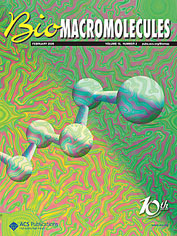Bioengineered spider silk is a biomaterial that combines the properties of self-assembly, biocompatibility and biodegradability with reasonable accessibility and a simple purification procedure. Moreover, genetic engineering enables the functionalization of silk by adding the peptide coding sequences of the desired attribute. Hybrids composed of Her2 binding peptides (H2.1 or H2.2) and bioengineered silk MS1 (based on the MaSp1 sequence from N. clavipes) were designed. Bioengineered silks were expressed in a bacterial system and purified using a tag-free thermal method. The hybrid silks with N-terminal functionalization were bound more efficiently to cells that were overexpressing Her2 than those with the C-terminal fusion. Moreover, the functionalization did not impede the self-assembly property of bioengineered silk, enabling the processing of silk proteins into spheres. The binding domains were exposed on the surface of the spheres, because the functionalized particles specifically bound and internalized into Her2-overexpressing cells. The binding of the functionalized spheres to Her2-positive cells was significantly higher compared with the control sphere and Her2-negative cell binding. Silk spheres were loaded with doxorubicin and showed pH-dependent drug release. The silk spheres were not cytotoxic, unless they were loaded with the drug doxorubicin. This study indicates the ability of drug-loaded functionalized spider silk spheres to serve as a carrier for targeted cancer therapy.

